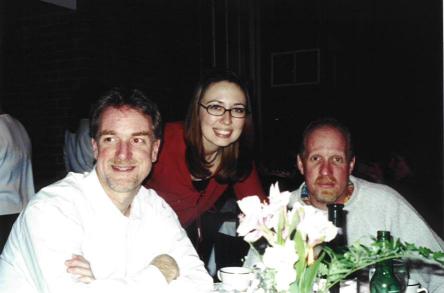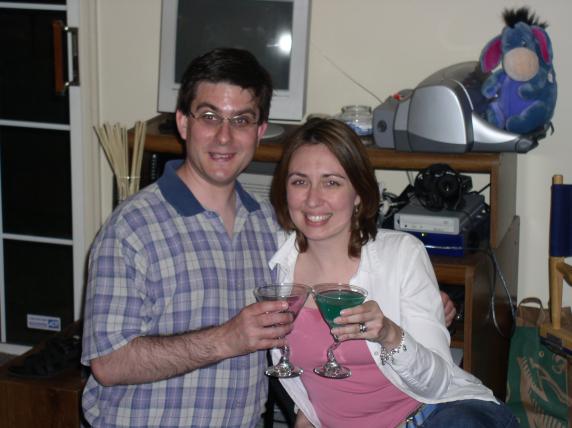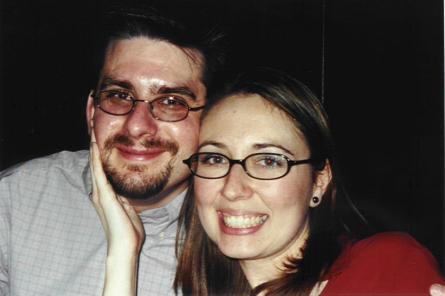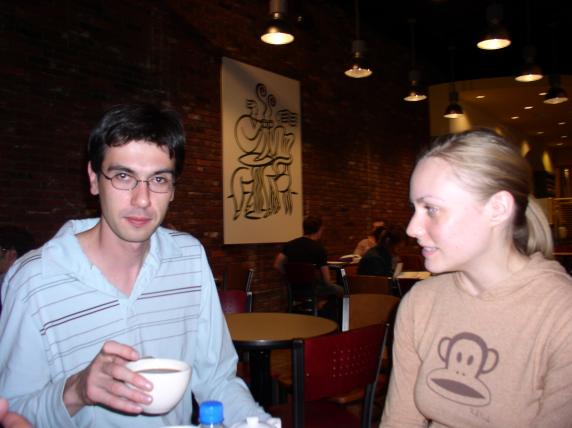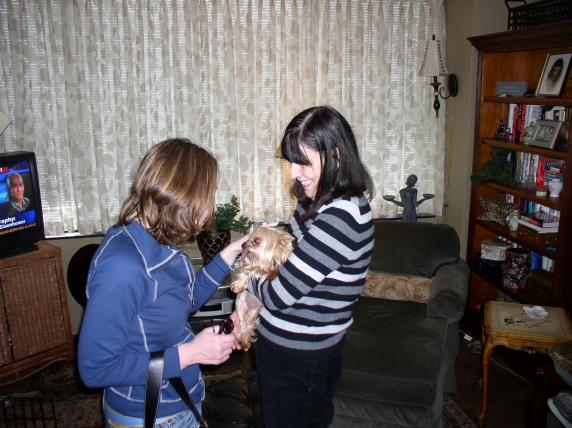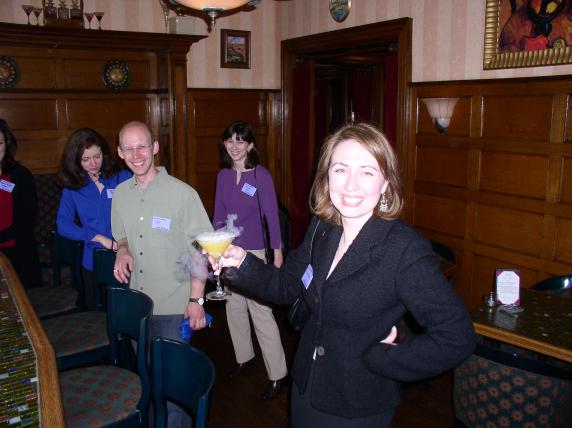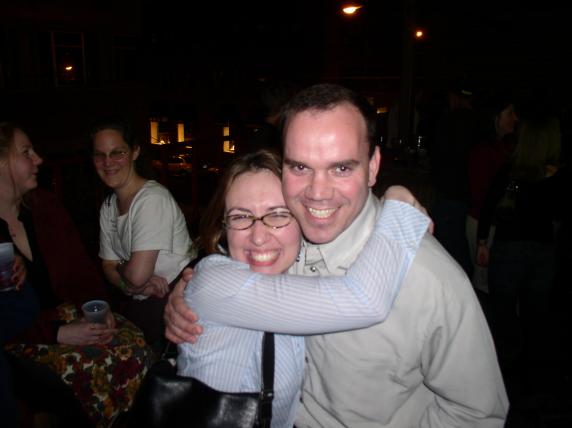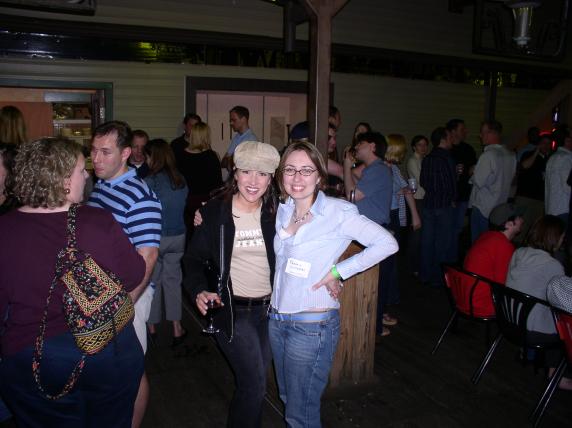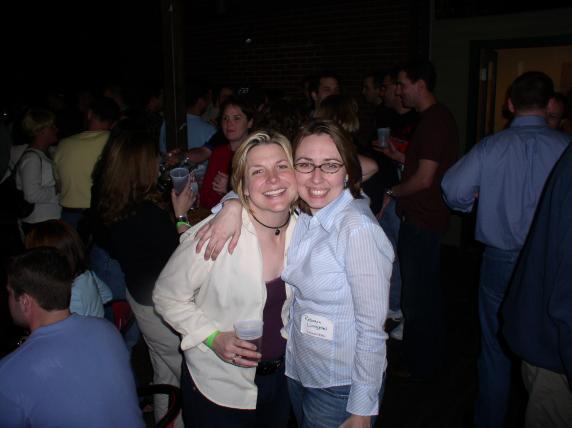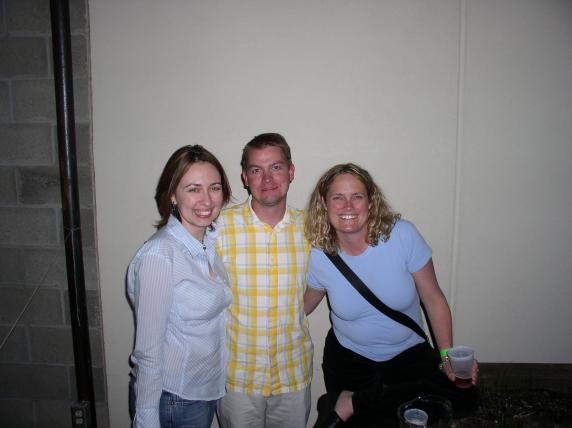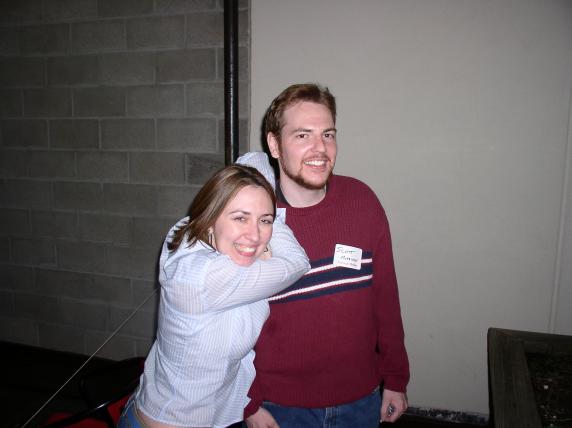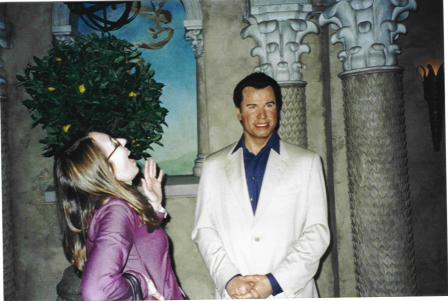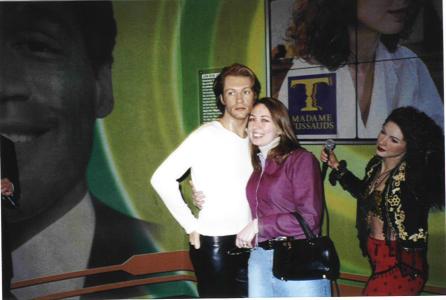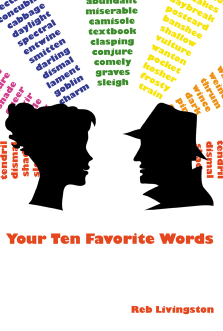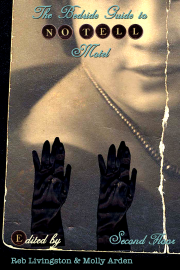Some folks have been expounding on the fairness of
first book contests and their
MFA experiences. Actually there's a whole bunch of blogs talking about this right now. I have mixed feelings regarding contests, but I have very clear ones regarding MFA programs.
I attended two different MFA programs, first at the University of Pittsburgh and then the Bennington Writing Seminars (where I graduated). The first time around when I applied to programs, I had no idea what I was doing or what to look for in a program. I just wanted to be in an MFA program so I could quit my miserable job. Basically my thought was this "I should apply to Pitt. I'm familiar with the area, Lynn Emmanuel teaches there, I can get a recommendation from a former teacher who graduated from there and is now published by the Pitt Press so I'd have a good shot at getting in." Suffice it to say, I paid for my lax research and thought with both time and tuition money.
Without going into too many details, Pitt was a horrible fit for me. My first shock was their poor advising process -- graduate students didn't get a faculty advisor until they start putting together their thesises and that advising was pretty much limited to the thesis. What about choosing classes, finding a focus, carving a place in the program, all that stuff? The MFA students had to share the same over-worked advisors that hundreds of other English undergrad and master students used. These advisors didn't know anyone's names and had a very limited knowledge of the classes. Basically, there was no advising, just long lines for class registration. I mentioned my concern with this to two different faculty members to which they simply shook their heads. Too many students and they were by far way too busy to be bothered.
The second shock was the quality of my poetry workshop. On the first day of class the teacher asked us if we'd be willing to participate in a non-traditional workshop, try some experimental assignments. It sounded kind of exciting at first and we all readily agreed. Now I'm not saying I got nothing out of the workshop. I sat through a very interesting slideshow on the paintings of Alice Neal. We were assigned to read an essay on duende that I considered thought-provoking (and used as a springboard for my
graduate lecture at Bennington). That being said, there was virtually no discussion of craft or style or well, anything useful. Most of the assignments were asinine, such as the "make a golem" exercise that everyone balked or the "let's interpret our poems into Indian dance moves." Every week I'd turn in a poem and half of the time when I'd get it back, there would not be a single comment on it, just a hand-drawn smiley face. That's it. A fucking smiley face. If all I needed was a smiley face, I could have saved all that tuition money and just handed poems into my second grade teacher.
The third shock was the other students. I left AOL, jaded and disappointed, expecting to meet a bunch of excited passionate people who loved what they were doing. There was none of that at Pitt. At least at AOL people were excited about their stock options. That was something, at least. At Pitt it was the usual MFA story, there were the haves (people with teaching assistantships) and the majority, aka the havenots (the people who desperately wanted teaching assistantships and resented the ones who did have them). Everyone was obsessed with teaching and that's all they ever seemed to talk about. I'm not against teaching, but that's not why I wanted an MFA. I wanted to learn how to write better, study literature, you know learn stuff, get good enough so my work would be published. If my main goal was teaching, I'd study a subject that needed teachers, like science or math, or maybe learn Spanish.
It was a very lonely place and I only lasted there a semester and summer session. I dropped out, went back home feeling like a huge failure (couldn't cut it at AOL or grad school, maybe I should just hang it up and start having babies, but I probably couldn't cut that either). I started really thinking about what it was I wanted from a graduate program. I made a friend at Pitt who was finishing up his degree there, but felt that he hadn't learned anything, and had just started his second MFA at Vermont College. The idea of a low-residency program seemed weird to me and I never considered it before, but my friend had stories about all time he spent with his advisor, all attention spent to his work, all the attention to literature, all the attention to writing. Damn it, I wanted that attention. I felt (and still do) that spending all that money on tuition was so one could get attention.
In short, Bennington gave me and my work that attention. Every semester I studied with a different poet and every semester was invaluable. Some had more of a mentor-style than others, but all took me under their wing (if only for that semester).
Now, I'm glad to say I had a wonderful MFA experience and am still very nostalgic for those days. A happy ending, no no, a happy beginning, that's what the MFA is supposed to be, a beginning, right?
